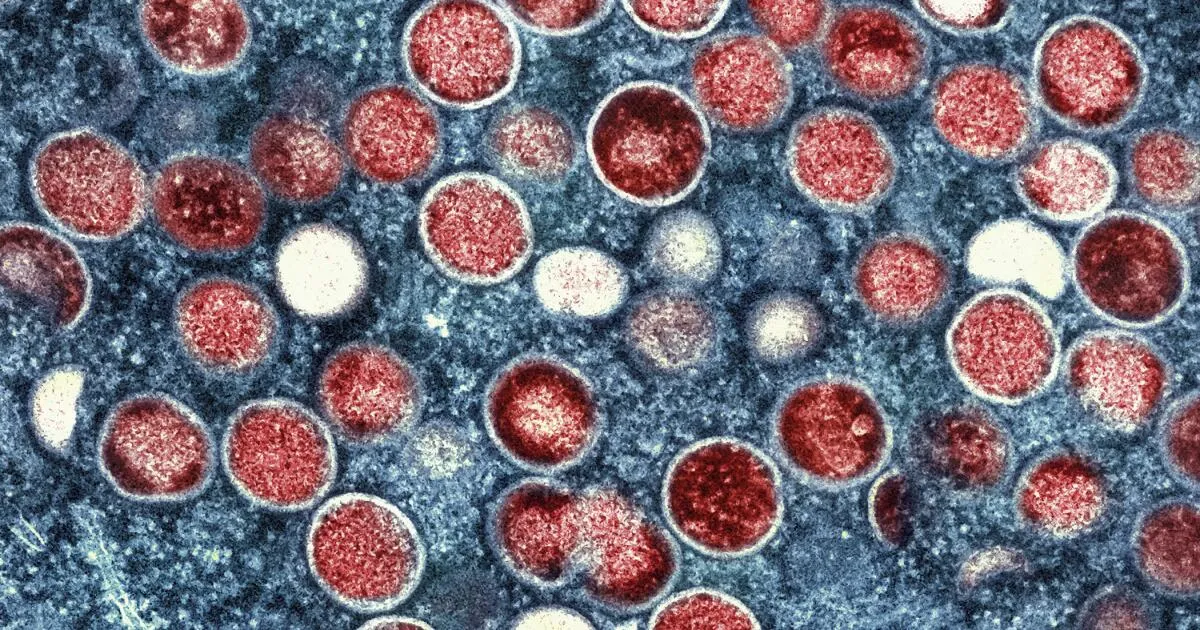
This week, two cases of a potentially more severe strain of mpox have been confirmed in Los Angeles County. This particular strain, known as “Clade I,” marks the first occurrence of its kind in the United States among individuals with no recent travel history to high-risk areas. The first case, reported on Tuesday, involved a resident of Long Beach, while the second case, reported on Thursday, was identified in another Los Angeles County resident. Both patients were hospitalized but are now recovering at home, according to health officials.
Long Beach Mayor Rex Richardson emphasized the seriousness of the situation, stating, “While the overall risk of exposure to the public remains low, we are taking this very seriously.” He highlighted the importance of continued surveillance, early response, and vaccination as critical measures in addressing mpox. The L.A. County Department of Public Health noted that Clade I is distinct from the strain that caused a global outbreak in 2022, known as “Clade II.” Clade I poses a potentially greater risk, as it may lead to more severe illness and spread more easily through close personal contact, including sexual activity, massage, or cuddling.
Dr. Muntu Davis, L.A. County's health officer, expressed concern regarding the identification of Clade I cases. He stated, “The identification of cases of Clade I mpox, which may cause more severe illness than the more-common Clade II, is concerning.” Historically, Clade I has caused more severe illness compared to Clade II; however, recent infections may not be as clinically severe, especially with access to quality medical care.
Mpox, previously referred to as monkeypox, primarily spreads through close, intimate contact. This includes transmission through body fluids, sores, shared bedding, and clothing, as well as kissing, coughing, and sneezing. Symptoms of mpox can manifest as a rash or unusual sores resembling pimples or pus-filled blisters on the face, body, and genitals. Other symptoms include fever, chills, headaches, muscle aches, and swollen lymph nodes. Individuals experiencing an unexplained rash or lesions are advised to avoid sexual and intimate contact and seek medical evaluation promptly.
Health officials recommend that anyone displaying symptoms get tested for mpox. Those with symptoms are also advised to refrain from sexual activity and close contact. Clade II mpox has been circulating at low levels across the United States since 2022, with 118 cases reported in Los Angeles County this year alone. Prior to this week, only six cases of Clade I mpox had been documented in the U.S., all among travelers to regions where Clade I is more prevalent, particularly in central and eastern Africa.
According to the U.S. Centers for Disease Control and Prevention (CDC), there have been over 40,000 cases of Clade I mpox reported in central and eastern Africa. Various transmission modes have been documented, including contact with infected animals and household contact in crowded settings, in addition to sexual transmission. The CDC assesses the risk to the general U.S. population from Clade I mpox as “low,” while categorizing the risk for gay and bisexual men with multiple partners as “low to moderate.”
The first case of Clade I mpox in the U.S. was reported approximately 11 months ago in a California resident who had traveled to Africa and received care in San Mateo County. Fortunately, that case was mild. Most individuals infected with mpox recover within two to four weeks, although antiviral treatments may be necessary for those at risk of developing severe illness. The two-dose Jynneos vaccine is available to help prevent the spread of mpox, and individuals who have received only one dose can get their second dose regardless of the time elapsed since the first.
The vaccine can be obtained at various pharmacies, including Walgreens and CVS, and individuals can find vaccination locations through the vaccine's manufacturer, Bavarian Nordic. The L.A. County Department of Public Health also maintains an updated list of vaccination sites. The vaccine is offered to those at higher risk for mpox, including individuals exposed to an infected person within the last two weeks, gay and bisexual men, transgender individuals, and those with HIV or at risk of HIV exposure.
In conclusion, as Los Angeles County navigates these new cases of Clade I mpox, public health officials urge vigilance, early detection, and vaccination to mitigate the spread of this potentially more severe strain.